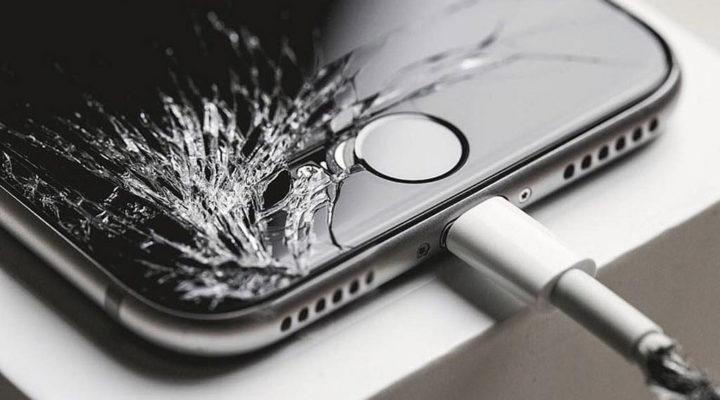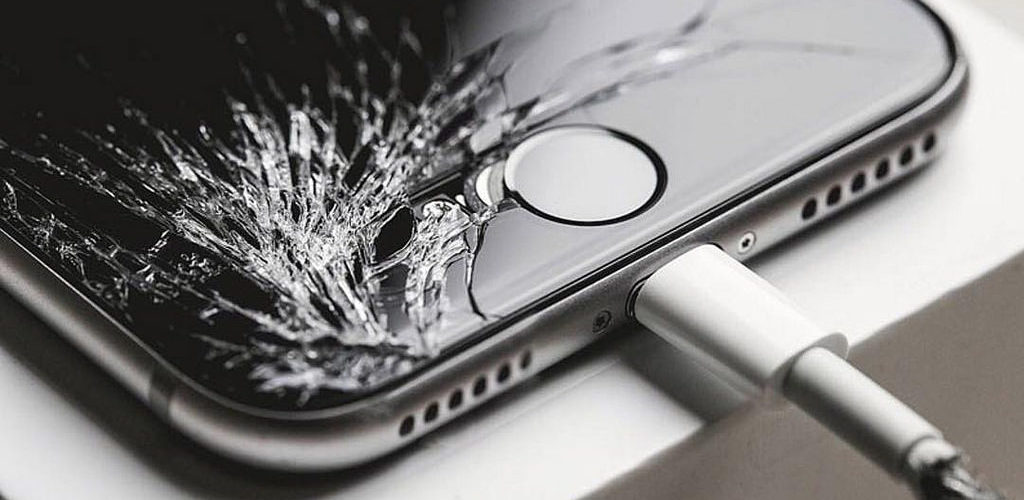In an era when millions of Americans dread the next presidential Tweet and the nation’s mental health professionals report increasing cases of “Trump anxiety,” a study to combining those topics may be especially timely.
And that’s just what Baylor University researchers are doing in “American Values, Mental Health and Using Technology in the Age of Trump.”
The university recently announced that the latest findings of the survey will be presented Sept. 7-9 at the annual conference of the Religion News Writers Association in Nashville, Tenn.
Issues to be presented next month cover the religious, political and ideological beliefs of Trump voters. The connection of mental health and religion also are included, as are that of technology and religion. The geography of religion also is examined, the university said in its online announcement.
“We collected our data during the first few months of the Trump presidency,” Paul Froese, professor of sociology and director of Baylor Religion Surveys, said in the university news release. “This was an ideal time to capture the uneasy tenor of American public opinion, especially with regards to the intersection of religion, politics and mental health.”
Baylor said the survey sample was made up of 1,501 respondents.
The survey was launched in 2005 to provide an extensive look into American religious attitudes, beliefs and behaviors, the university said. The first wave of findings was published in 2006, followed by other releases in 2008, 2011 and 2014.
Topics covered included the faith in American megachurches, beliefs in the paranormal and religion’s influence on entrepreneurship.
As those before it, the latest wave of research mirrors issues current in culture and church.
“Today, divisions in the American public are stark, and we can trace many of our deep differences to how people understand traditional morality, theology and the religious purpose of our nation,” Froese said.


